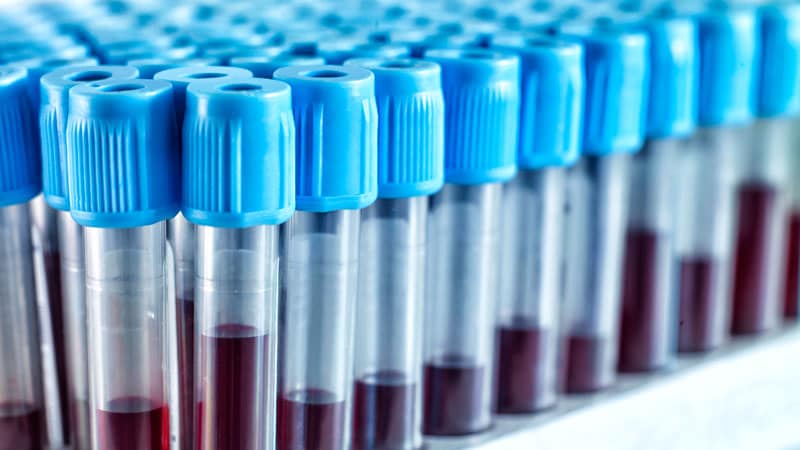Bill Would Allow Medicare Coverage for Multi-Cancer Tests
Core Concepts
Medicare coverage for multi-cancer tests is crucial for early detection and improved outcomes.
Abstract
The Senate introduced a bill to require Medicare to cover multi-cancer tests for beneficiaries. The Multi-Cancer Early Detection (MCED) Screening Coverage Act aims to provide coverage for innovative tests detecting multiple cancer types. Key points include:
Bill introduced by Senate Finance Committee members
Focus on early detection and clinical benefits
Establishment of a coverage pathway for FDA-approved MCED tests
Authorization for Medicare coverage of MCED screening tests
Emphasis on supplementing existing screenings
Bipartisan companion legislation in the House
Mention of the Galleri blood test and concerns about its readiness
Advocacy by the American Cancer Society Cancer Action Network
Bill Would Allow Medicare Coverage for Multi-Cancer Tests
Stats
"The Multi-Cancer Early Detection (MCED) Screening Coverage Act (Senate bill 1873) would ensure that Medicare beneficiaries have coverage for innovative tests that can detect multiple types of cancer."
"The bill was initially introduced in 2021 and now has been reintroduced by Senate Finance Committee Ranking Member Mike Crapo (R-Idaho) and Finance Committee member Michael Bennet (D-Colorado), along with Finance Committee members Tim Scott (R-South Carolina) and Ben Cardin (D-Maryland)."
"The Galleri blood test, manufactured by GRAIL, which can potentially detect up to 50 different cancers from a single blood draw."
"Currently, the Galleri blood test is offered by a number of US health networks but is not covered by medical insurance, so individuals have to pay around $950 for it out of pocket."
Quotes
"Detecting cancer early can be the difference between life and death." - Lisa Lacasse, MBA, president of ACS CAN
Key Insights Distilled From
by Roxanne Nels... at www.medscape.com 06-26-2023
https://www.medscape.com/viewarticle/993686
Deeper Inquiries
How can the healthcare system address concerns about false positives in multi-cancer tests?
Addressing concerns about false positives in multi-cancer tests requires a multi-faceted approach. Firstly, healthcare providers need to establish clear guidelines for interpreting test results and communicating them to patients. This includes educating patients about the limitations of the tests and the possibility of false positives. Additionally, ongoing research and development are crucial to improving the accuracy of these tests and reducing false positives. Collaborations between healthcare professionals, researchers, and regulatory bodies can help establish best practices for using multi-cancer tests effectively while minimizing the risk of false positives.
What are the potential implications of Medicare covering multi-cancer tests for the future of cancer detection?
The implications of Medicare covering multi-cancer tests are significant for the future of cancer detection. By providing coverage for these innovative tests, Medicare can increase access to early detection methods that have the potential to detect multiple types of cancer. This can lead to earlier diagnosis, more effective treatment, and improved outcomes for patients. Additionally, Medicare coverage can drive further research and development in the field of multi-cancer testing, leading to the development of more accurate and reliable tests in the future. Overall, Medicare coverage of multi-cancer tests has the potential to revolutionize cancer detection and improve patient outcomes.
How can advancements in early cancer detection impact healthcare disparities in vulnerable communities?
Advancements in early cancer detection can have a significant impact on healthcare disparities in vulnerable communities. By providing access to innovative screening technologies like multi-cancer tests, healthcare providers can detect cancer at earlier stages when treatment is more effective. This can lead to better outcomes for patients in vulnerable communities who may face barriers to accessing traditional cancer screening methods. Additionally, early detection can reduce the financial burden of cancer treatment, which is especially important for individuals in vulnerable communities who may have limited resources. By improving access to early cancer detection technologies, healthcare disparities can be reduced, leading to better health outcomes for all individuals.
0
More on Healthcare
